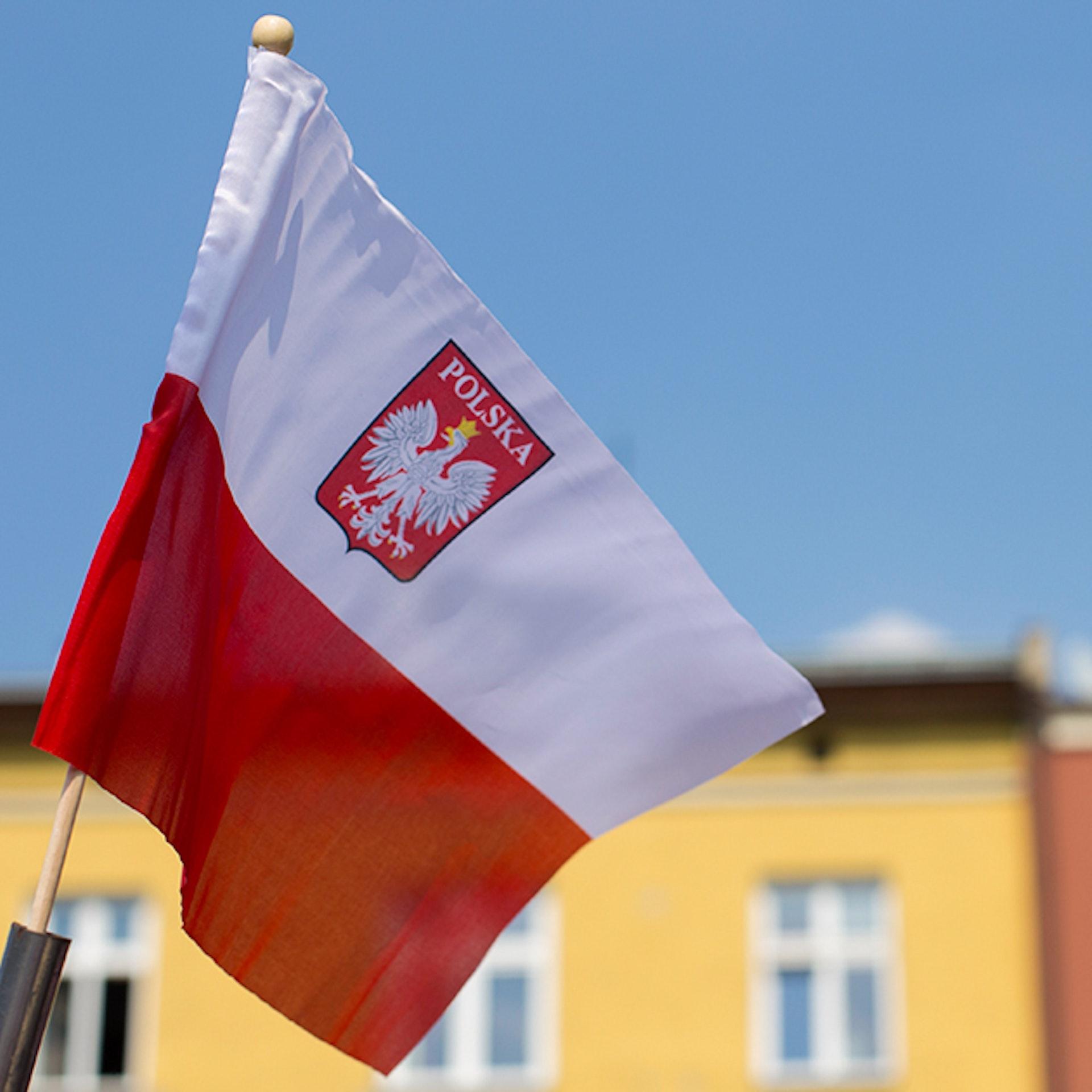While new tax and reporting regulations may seem daunting, they often present businesses with great opportunities to re-think financial processes, challenge the internal status quo, and improve efficiency. E-invoicing will become soon mandatory for all companies in Poland. This change can (and should!) be a pivotal moment for businesses to adopt digital transformation and move their operations into the future.
The upcoming Polish e-invoicing mandate
The Polish road to e-invoicing goes way back, with the country being one of the first ones in Europe to introduce a legal foundation for electronic invoices in 2005 and the adoption of Peppol for B2G e-invoicing in 2019.
However, the definitive move to make e-invoicing mandatory will come probably in 2025, when the e-invoicing mandate will enter into force, affecting all Polish VAT-registered businesses. Taxpayers will be obliged to issue and receive invoices via the National System of e-Invoices, Krajowy System e-Faktur (KSeF).
How does mandatory e-invoicing spark digital transformation?
While most people generally agree with the benefits of digitalization and automation of manual processes to save time and reduce errors, digital transformation initiatives are sometimes met with scepticism and resistance to change or are pushed back to prioritize projects perceived as more urgent or worthy of investment.
E-invoicing mandates are pivotal because once governments introduce deadlines, updating financial processes is no longer “nice-to-have” but a pressing need to comply with rules, avoid sanctions and ultimately guarantee business continuity. Organizations can and should take advantage of this reality to secure budget and resource allocation, get internal buy-in and convince relevant stakeholders to cooperate. All keys for a successful digital transformation.
Responding to compliance challenges with a single, integrated solution
Even when the advantages of technology are understood, as tax authorities introduce new requisites such as the one in Poland, it is common for organizations of all sizes to feel lost. It is difficult to figure out how current systems and processes can adapt to fulfil new requirements. With this in mind, Medius, a global provider of Accounts Payable (AP) solutions, established 2021 a worldwide partnership with Pagero to offer their customers a single, easy-to-use solution that addresses all their spend management, automation and e-invoicing needs, with built-in compliance with local e-invoicing and CTC regulations wherever they operate.
“We wanted to go the market and be able to say to customers: we have an integrated solution,” explains Katarina Andersson, VP of Capture Product at Medius, “so you don’t have to care about the things that happen in the back; the formats, the type of invoices, or the complex rules for each country, because everything is embedded in the solution”, she continues.
Pagero and Medius in Poland
From the start, the Pagero and Medius collaboration was created to evolve. The partnership first focused on the United States, certain European countries, and the APAC region. Over the years, the joint solution has evolved to include more countries, especially those with government e-invoicing obligations, to ensure that customers become and remain compliant in time.
The collaboration enables Polish Medius users to utilise Accounts Payable automation while adhering to KSeF regulations. This partnership guarantees smooth integration and format conversion, facilitated by Pagero. In addition, Pagero offers the ability to support the Accounts Receivable process itself, as well as comprehensive P2P (purchase-to-pay) and O2C (order-to-cash) processes.
“The joint venture of Medius and Pagero combines two industry-leading solutions that enhance each other's strengths” – comments Andrzej Pijanowski, Country Manager from Pagero Poland.
The Pagero and Medius Polish solution is designed to help organizations with complex infrastructure and needs, such as international corporations and Shared Service Centers. After signing and starting the implementation of a pilot customer —a global firm in wholesale distribution of electrical goods—, the partnership continues to expand to other customers and industries, offering a tried and tested solution that includes:
Data accuracy: The e-invoice data is presented in a standardized format, making it easier to match against Purchase Order data and reducing the risk of errors and deviations.
Data Ingestion: This intelligently ingests invoices from the Pagero Network connected to KSeF system.
Automatic three-way matching and workflow: Provided by Medius.
Functionalities to streamline the payment process for suppliers.
Despite the potential challenges of switching to electronic invoices per regulatory standards, the benefits will justify the effort. An automated invoice process simplifies internal workflows, provides better-quality data, and further creates a foundation for streamlining and evolving financial processes. The opportunity is worth taking in today's fast-changing and highly competitive environment, be it in Poland or elsewhere.

